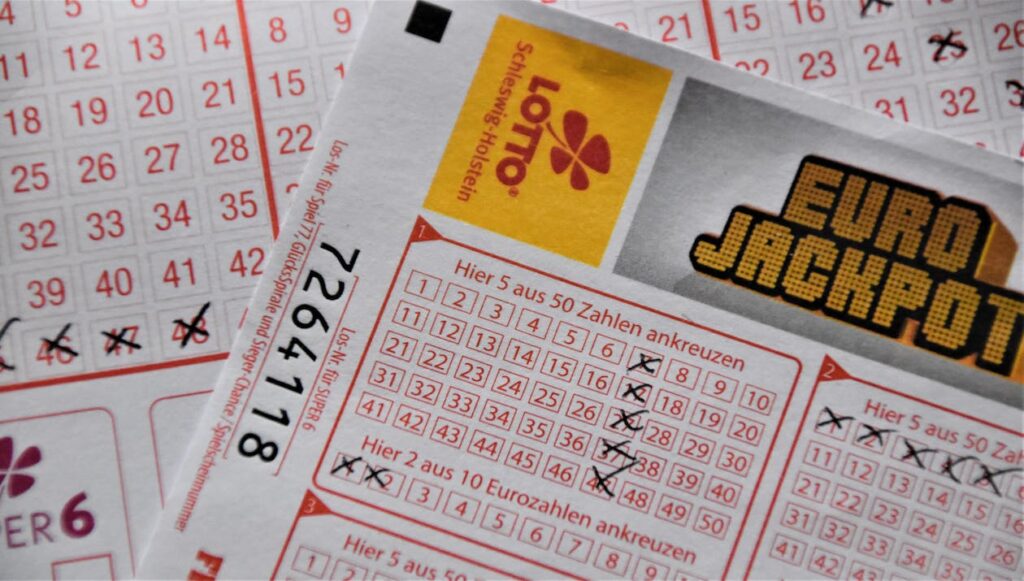The Evolution of Online Lotteries: From Desktop to Mobile Apps

The lottery, a long-standing form of entertainment and gambling, has witnessed a significant transformation in the digital age. From the traditional paper tickets and physical draws, the lottery system has evolved to embrace the power of the internet, transitioning from desktop platforms to mobile applications. This evolution marks a pivotal shift in how users engage with lottery games, offering unprecedented convenience and accessibility.
The Rise of Online Lotteries
The advent of the internet in the late 20th century brought about a radical change in many industries, with the lottery sector no exception. Initially, online lotteries mimicked their offline counterparts, offering similar games through a digital platform accessible via desktop computers. This shift expanded the reach of lottery games beyond geographical boundaries and introduced a new level of convenience for players.
One notable example of this digital progression is the VA Lottery, which has consistently adapted to technological advancements to offer an enhanced user experience. The transition from desktop to online platforms marked the first significant leap, providing a foundation for the subsequent shift to mobile applications.
The Shift to Mobile Apps
Mobile Lottery Apps: A Game-Changer
The proliferation of smartphones and mobile applications in the 21st century has profoundly impacted various sectors, including the lottery industry. The transition from desktop-based platforms to mobile apps represented a critical evolution in the lottery experience. These apps offer several advantages:
- Convenience: Mobile apps allowed users to purchase tickets, check results, and even claim prizes from anywhere, at any time.
- User Experience: Enhanced with rich graphics and interactive features, mobile apps provide a more engaging and enjoyable experience.
- Accessibility: The simplicity and user-friendliness of mobile apps made lotteries more accessible to a broader audience.
Innovation and Integration
As mobile technology advanced, lottery apps began integrating various innovative features, enhancing the user experience and changing how people interact with lottery games. Location-based services became a staple, allowing apps to offer region-specific games and promotions, tailoring the experience to individual users. This personalization was further enriched with push notifications for draw results, ensuring players were always in the loop and never missed a winning opportunity.
One of the most significant innovations was the ability to scan physical tickets using a smartphone camera. This feature bridged the gap between traditional and digital lottery experiences, allowing users to check the results of their physical tickets quickly. Integrating augmented reality features in some apps added an exciting dimension to the lottery experience. Players could now visualize lottery results more engagingly and interactively, transforming a simple draw into a more immersive experience.
Furthermore, the integration of digital wallet technology streamlined the transaction process. Players could manage their funds seamlessly within the app, simplifying the process of purchasing tickets and withdrawing winnings. This enhanced the convenience of using the app and added a layer of security to financial transactions.
Challenges and Solutions
Despite the clear advantages, the shift to mobile applications presented its own set of challenges. Ensuring the security and fairness of online transactions was a significant concern. To address this, lottery operators implemented robust encryption technologies, creating a secure environment for financial transactions. Strict verification processes were also put in place to prevent fraud and maintain the integrity of the games.
Another challenge was maintaining the social aspect of traditionally communal lottery playing. In response, mobile apps started incorporating social sharing features, allowing users to share their lottery experiences with friends and family. Community pools were also introduced, enabling groups of players to participate together, thereby preserving the communal spirit in a digital format.
These challenges and solutions highlight the dynamic nature of the lottery industry’s adaptation to the digital world. Addressing the challenges head-on and continuously innovating the online lottery experience has become a digital version of the traditional game and an entirely new and enriched form of entertainment.
Conclusion
The evolution of online lotteries from desktop platforms to mobile apps epitomizes the impact of technological advancements on traditional forms of entertainment. This transition has not only enhanced the convenience and accessibility of lottery games but has also opened new avenues for innovation and user engagement. As technology continues to evolve, it will be fascinating to see how online lotteries adapt and transform to meet the ever-changing demands of their users. With platforms like VA Lottery at the forefront, the future of online lotteries looks exciting and promising.








![ThopTV - Download ThopTV APK(100% Working) [Mar 24 ]](https://apkfuel.com/journal/wp-content/uploads/2023/03/huge-33-390x220.png)